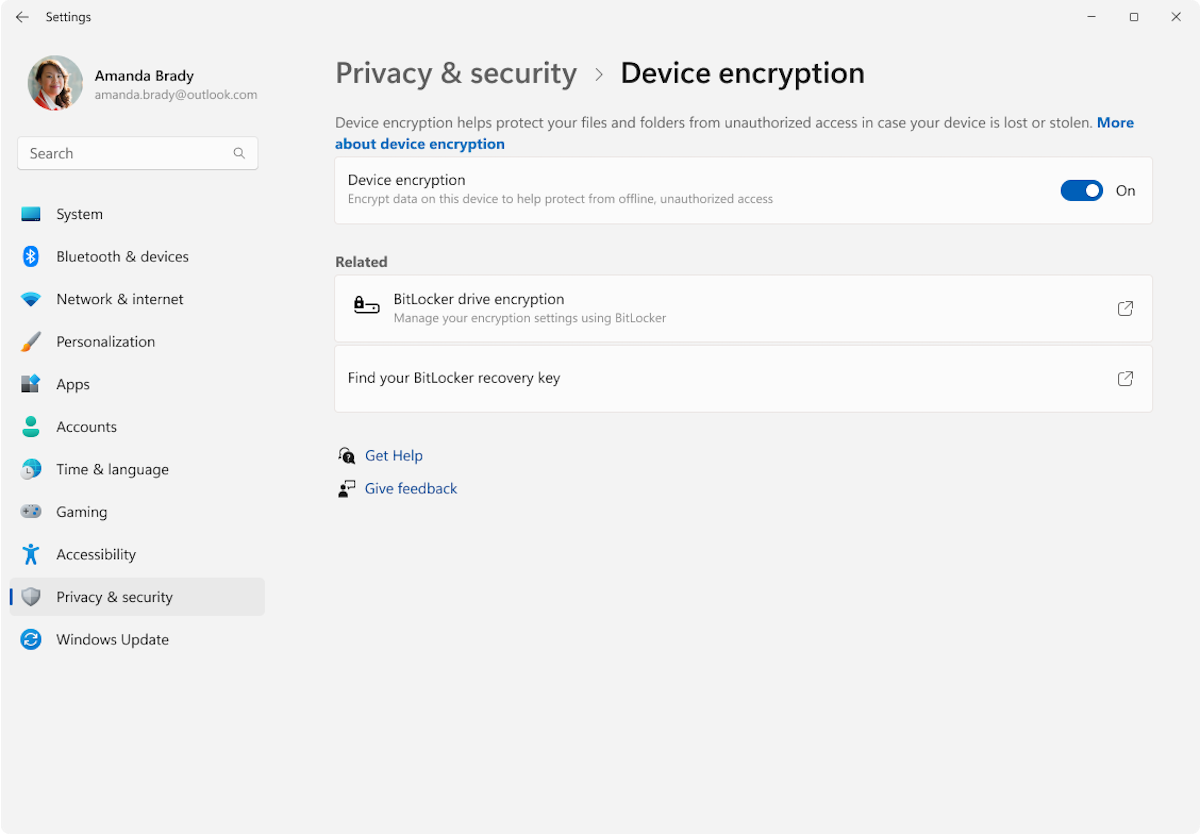Situatie
Solutie
Rule number one for making sure something doesn’t get stolen: don’t leave it unattended! Whether you’re taking a break at your local coffee shop or at the airport headed on vacation, don’t leave your laptop sitting around while you go and order another cappuccino. And don’t ask a stranger to watch it for you, it’s totally unfair on them to be made responsible for the safety of your valuables.
You should also be inconspicuous. If you’re in a coffee shop with a bunch of other people all tapping away on their next manuscript, you’re probably fine. However, if you’re in a less busy place, and you notice none of the locals have a laptop out, you might want to keep your fancy devices out of sight.
If you’re traveling, you should also consider taking the bare minimum—you can’t lose what you don’t have. You can also take your older devices with you, so if you do come back to a burglarized hotel room, your new RGB gaming laptop is still safe at home.
Finally, AirTags (or other luggage trackers) are a godsend when traveling. While they shouldn’t be used to track down and confront criminals at their hideout, they can provide peace of mind that yes, your bag is still safe in your hotel room and hasn’t gone walkabout while you were sightseeing.
Securing your Identity and Data from Thieves
Insult may be added to injury if, after losing your device, the culprit then logs into your social media and bank accounts, and starts looking through your private photos and sensitive documents. Identity theft and extortion can be unexpected side effects to having your device stolen, so you want to make sure that if someone else does get physical access to your device, they can’t actually log into it or read any data from it.
That’s what Windows Device Encryption is for: when it’s enabled, all the data stored on your Windows device can only be unlocked with your user account, and anyone else will find your device mostly useless. Newer Windows 11 devices all come with encryption enabled by default, but you should confirm it’s turned on, and that you have set up some recovery methods to make sure you don’t get locked out of your own device. You should also password protect your BIOS to further render your device useless to anyone but yourself.


Leave A Comment?